In the vast landscape of commerce, the activities of buying, selling, and trading form the cornerstone of economic transactions. These actions have evolved significantly over time, propelled by technological advancements, changing consumer behaviors, and global market shifts. From traditional brick-and-mortar exchanges to the digital realms of e-commerce and cryptocurrency, the dynamics of Buy Sell Trade have undergone profound transformations. In this exploration, we delve into the intricacies of these processes, examining their significance, impact, and the modern avenues they traverse.
The Essence of Buy Sell Trade:
At its core, the concept of buy, sell, trade encapsulates the fundamental principles of supply and demand. Individuals, businesses, and even nations engage in these activities to acquire goods, services, or assets they need while disposing of those they no longer require. Whether it’s a simple transaction between neighbors or a multimillion-dollar deal between corporations, the essence remains constant – the exchange of value.
Evolution of Commerce:
Throughout history, commerce has adapted to the prevailing technological and societal norms. Ancient civilizations relied on barter systems, exchanging goods directly without the need for currency. As societies progressed, currencies emerged, enabling smoother transactions and fostering economic growth. The Industrial Revolution revolutionized production and distribution, leading to the establishment of markets and retail spaces.
In the contemporary era, the digital revolution has reshaped commerce once again. Online platforms have democratized buying, selling, and trading, empowering individuals to engage in transactions with unprecedented ease and reach. E-commerce giants like Amazon and Alibaba have become synonymous with online shopping, offering vast selections and convenient delivery options.
The Rise of Peer-to-Peer Trading:
One notable trend in modern commerce is the rise of peer-to-peer (P2P) trading platforms. These platforms, facilitated by technology, connect individuals directly, bypassing traditional intermediaries. From Craigslist to eBay to specialized platforms like Airbnb and Etsy, P2P trading spans a diverse range of goods and services, enabling individuals to monetize underutilized assets or talents.
Cryptocurrency markets represent another frontier of P2P trading, where digital currencies are exchanged directly between users, often across international borders. Decentralized finance (DeFi) platforms further expand these possibilities, offering a variety of financial services without traditional intermediaries.
Challenges and Opportunities:
While buy, sell, trade activities offer immense opportunities for economic growth and individual empowerment, they also present challenges. Issues such as fraud, counterfeit goods, and data privacy concerns plague online marketplaces, necessitating robust regulatory frameworks and technological solutions. Moreover, the globalization of commerce brings cultural and ethical considerations into play, requiring sensitivity to diverse perspectives and practices.
However, amidst these challenges lie opportunities for innovation and positive impact. Blockchain technology, for instance, holds promise for enhancing transparency and security in supply chains, reducing fraud and counterfeit goods. Artificial intelligence and machine learning algorithms enable personalized recommendations and streamlined transactions, enhancing user experiences.
The Social and Environmental Dimensions:
Beyond economic considerations, buy, sell, trade activities have significant social and environmental implications. Sustainable consumption and responsible production have emerged as focal points, driving consumer preferences and corporate strategies. Circular economy initiatives promote the reuse, repair, and recycling of goods, reducing waste and environmental impact.
Additionally, the advent of social enterprises and impact-driven businesses emphasizes the importance of ethical sourcing, fair trade practices, and community engagement. Consumers increasingly prioritize brands and products aligned with their values, driving a shift towards more socially and environmentally conscious commerce.
The Future Landscape:
As technology continues to advance and societal values evolve, the landscape of buy, sell, trade will undoubtedly undergo further transformations. Augmented reality (AR) and virtual reality (VR) technologies hold the potential to revolutionize the shopping experience, blurring the lines between physical and digital realms. Furthermore, the proliferation of Internet of Things (IoT) devices and smart systems promises to create hyper-connected marketplaces, enabling seamless transactions and personalized interactions.
In conclusion, buy, sell, trade activities represent the heartbeat of commerce, pulsating with the rhythms of supply and demand. From ancient barter systems to modern digital marketplaces, the essence remains constant – the exchange of value. As we navigate the complexities of the modern marketplace, embracing innovation, responsibility, and inclusivity will be key to shaping a sustainable and equitable future of commerce.
Buy Sell Trade FAQ: Your Guide to Navigate the Marketplace
1. What does “Buy Sell Trade” mean?
- “Buy Sell Trade” refers to the activities involved in acquiring goods, services, or assets (buying), disposing of them (selling), or exchanging them for other items of value (trading).
2. How do I start buying, selling, or trading?
- To start buying, selling, or trading, you can:
- Research the market for the items you’re interested in.
- Decide whether you want to buy, sell, or trade.
- Choose the platform or method that suits your needs (e.g., online marketplaces, physical stores, peer-to-peer platforms).
- Understand the legal and regulatory requirements relevant to your transactions.
3. What are some common items people buy, sell, or trade?
- Common items include:
- Consumer goods (electronics, clothing, household items).
- Vehicles (cars, motorcycles, bicycles).
- Real estate.
- Financial assets (stocks, cryptocurrencies).
- Services (freelance work, tutoring, consulting).
4. What are the benefits of buying, selling, or trading?
- Benefits include:
- Acquiring items you need or desire.
- Generating income from selling items you no longer need.
- Exchanging goods or services to obtain something of value without using money.
- Accessing a wide range of products and services from various sellers and traders.
5. What are some risks or challenges associated with buying, selling, or trading?
- Risks and challenges may include:
- Fraudulent sellers or buyers.
- Counterfeit or low-quality goods.
- Data privacy and security concerns.
- Market volatility (for trading financial assets).
- Legal and regulatory compliance issues.
6. How can I protect myself when buying, selling, or trading?
- To protect yourself, consider:
- Researching sellers or buyers and their reputations.
- Using secure payment methods.
- Verifying the authenticity of goods (especially for high-value items).
- Reading and understanding terms and conditions.
- Being cautious of deals that seem too good to be true.
7. Are there specific platforms or marketplaces for buying, selling, or trading?
- Yes, there are numerous platforms and marketplaces catering to different needs, including:
- General online marketplaces (e.g., Amazon, eBay).
- Specialized platforms for specific items or services (e.g., Etsy for handmade goods, Airbnb for accommodations).
- Peer-to-peer trading platforms (e.g., Craigslist, Facebook Marketplace).
- Cryptocurrency exchanges (e.g., Coinbase, Binance).
8. How can I determine the value of items I want to buy, sell, or trade?
- You can determine the value of items by:
- Researching recent sales prices for similar items.
- Consulting expert opinions or appraisers.
- Considering factors such as condition, rarity, and demand.
9. What are some trends or innovations in the buy, sell, trade space?
- Trends and innovations include:
- Growth of peer-to-peer trading platforms.
- Integration of blockchain technology for enhanced security and transparency.
- Rise of sustainable and socially responsible commerce.
- Adoption of artificial intelligence for personalized recommendations and streamlined transactions.
10. How can I get started with buying, selling, or trading cryptocurrencies?
- To get started with cryptocurrencies, you can:
- Research and understand how cryptocurrencies work.
- Choose a reputable cryptocurrency exchange to buy and sell cryptocurrencies.
- Consider security measures such as setting up a secure wallet and enabling two-factor authentication.
- Start with small investments and gradually increase your knowledge and exposure to the market.
Also Read: https://casinobolds.co.uk/
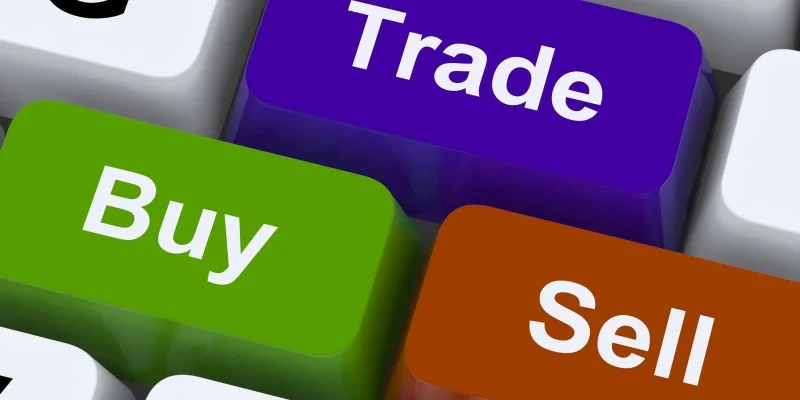
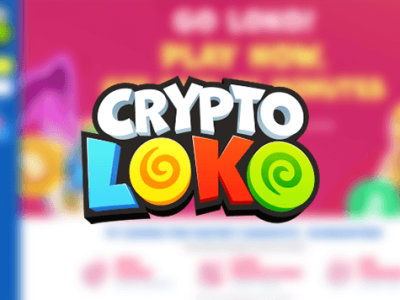


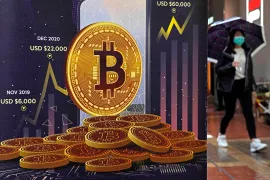
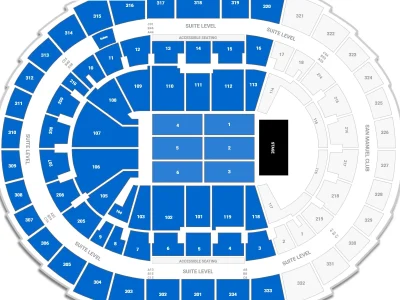


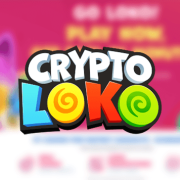



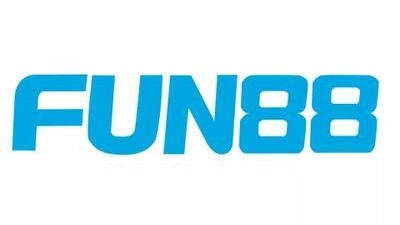


Comments